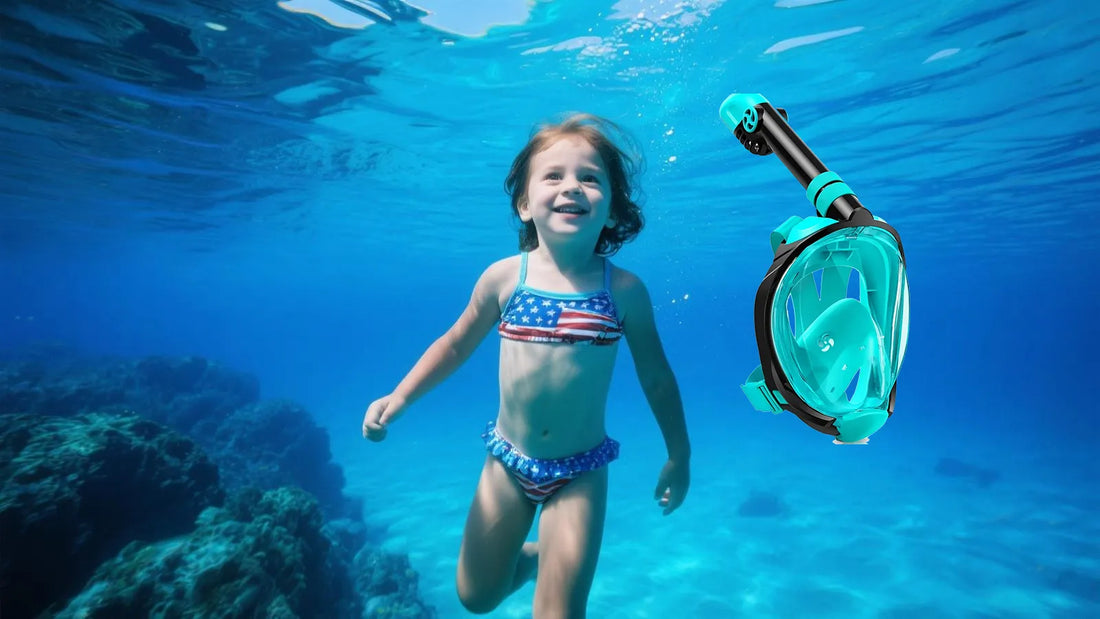What’s Scuba Diving: An Introduction to Underwater Exploration
Scuba diving is an exhilarating activity that allows individuals to explore the underwater world in ways that were once unimaginable. It involves using specialized equipment to breathe underwater, enabling divers to stay submerged for extended periods. Whether you’re drawn to the vibrant marine life, the serene underwater landscapes, or the thrill of adventure, scuba diving offers a unique and unforgettable experience.
The History of Scuba Diving
The origins of scuba diving can be traced back to ancient times when humans first attempted to explore the ocean depths. Early divers relied on simple tools like hollow reeds to breathe underwater. However, it wasn’t until the 20th century that modern scuba diving emerged. The invention of the Aqua-Lung in the 1940s revolutionized the sport, making it accessible to the general public. Since then, scuba diving has evolved into a popular recreational activity, with millions of enthusiasts worldwide.
Essential Scuba Diving Equipment
To safely explore the underwater world, divers rely on a variety of specialized equipment. The most critical piece is the scuba tank, which contains compressed air or other breathing gases. A regulator is used to control the flow of air from the tank to the diver’s mouth. Other essential gear includes a buoyancy control device (BCD), which helps divers maintain their position in the water, and fins for efficient movement. Additionally, a mask provides clear vision, while a wetsuit or drysuit protects against the cold.
Skills and Training for Scuba Diving
Scuba diving requires a combination of physical fitness, technical knowledge, and practical skills. Before diving, individuals must complete a certification course offered by recognized organizations. These courses cover topics such as underwater communication, equipment maintenance, and emergency procedures. Divers also learn essential skills like equalizing pressure, controlling buoyancy, and navigating underwater. With proper training and practice, anyone can become a confident and capable diver.
The Thrill of Underwater Exploration
One of the most exciting aspects of scuba diving is the opportunity to explore underwater environments. From coral reefs teeming with colorful fish to mysterious shipwrecks, the ocean is full of wonders waiting to be discovered. Divers can encounter a wide variety of marine life, including turtles, dolphins, and even sharks. Each dive offers a unique experience, making it a truly rewarding activity for nature lovers and adventure seekers alike.
Safety Considerations in Scuba Diving
While scuba diving is an incredible experience, it’s essential to prioritize safety. Divers must always follow established guidelines and procedures to minimize risks. This includes checking equipment before each dive, staying within depth limits, and monitoring air supply. It’s also crucial to dive with a buddy and be aware of potential hazards like strong currents or marine life. By taking these precautions, divers can enjoy their underwater adventures with peace of mind.
Environmental Impact and Conservation
Scuba diving provides a unique opportunity to witness the beauty of the ocean, but it also comes with a responsibility to protect it. Divers can play a vital role in marine conservation by practicing responsible diving habits. This includes avoiding contact with coral reefs, not disturbing marine life, and participating in cleanup efforts. Many divers also support conservation organizations and initiatives aimed at preserving the ocean’s ecosystems for future generations.
The Benefits of Scuba Diving
Beyond the thrill of exploration, scuba diving offers numerous physical and mental benefits. It’s an excellent form of exercise that improves cardiovascular health, strength, and flexibility. The calming underwater environment can also reduce stress and promote relaxation. Additionally, scuba diving fosters a sense of community, as divers often share their experiences and knowledge with others. Whether you’re seeking adventure, relaxation, or personal growth, scuba diving has something to offer everyone.
Getting Started with Scuba Diving
If you’re interested in trying scuba diving, the first step is to find a reputable training center. Many dive shops offer introductory courses that allow you to experience diving in a controlled environment. Once you’ve completed your certification, you can start exploring dive sites around the world. From tropical reefs to freshwater lakes, there’s no shortage of incredible places to dive. With the right preparation and mindset, scuba diving can become a lifelong passion.
Scuba diving is more than just a sport—it’s a gateway to a hidden world of beauty and adventure. Whether you’re a seasoned diver or a curious beginner, the ocean’s depths hold endless possibilities. So why wait? Take the plunge and discover the magic of scuba diving for yourself!

